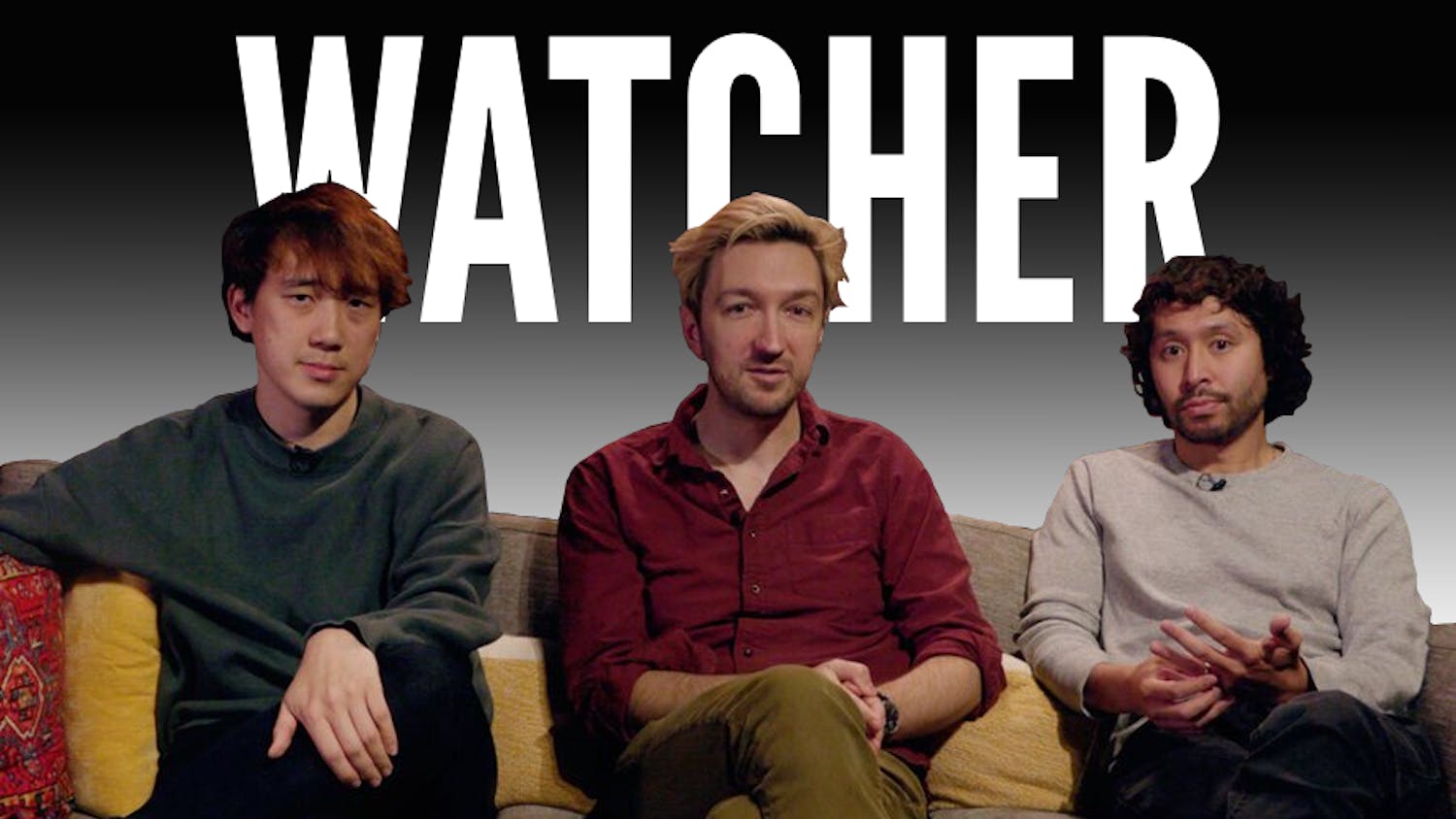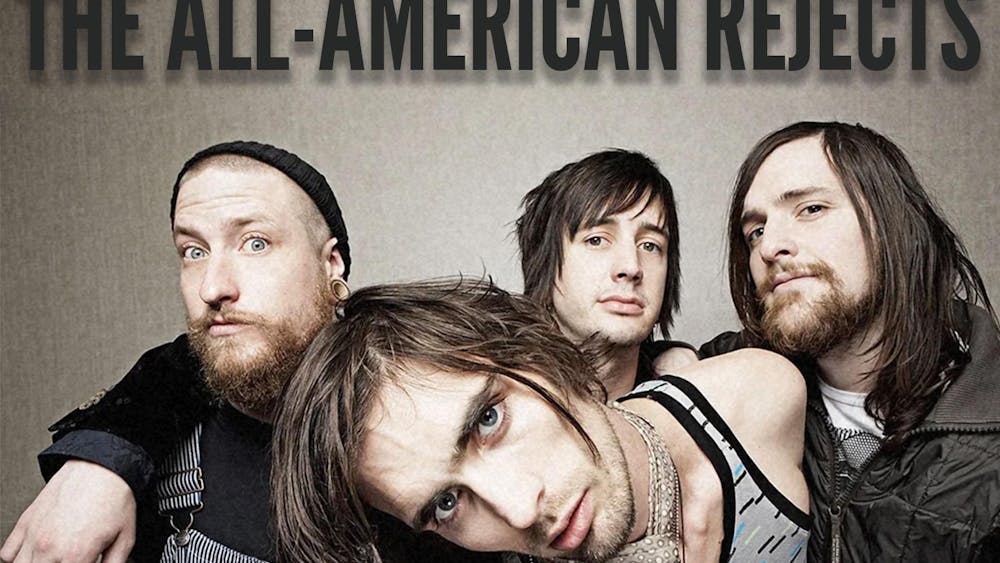Hey, guys, remember when Ray Lewis was charged with murder?

Hang with me for a second, Scene hipsters. He's a sports guy.
The Baltimore Ravens linebacker was acquitted of the murder charge in a plea agreement in exchange for a guilty plea for obstruction of justice.
Over the course of his long career, he's cultivated and earned a reputation as a mercilessly tough defensive player who plays with immense passion and at times reckless abandon. His detractors might even go so far to say that he has, at times, perhaps even been a bit of a thug on the football field.
He's not exactly the type of spotless goody two shoes you'd expect to the NFL to put up as a role model.
But in a recent NFL commercial, they do just that. Kind of. The ad features Lewis in a press conference filled with reporters, but he ends up taking questions from a cute little girl that include "What's your favorite color?" and "Do you like my dress?"
All in all it's a very warm and friendly ad, and it's hard not to smile at. But like I said before, it's not like anybody really expects Lewis to be a moral compass. We know it, the NFL knows it, and most importantly perhaps, the NFL knows that we know it.

With so many scandals of all shapes and sizes coming and going in professional sports, it's hard to really imagine any player as a perfect role model, which is good ⎯ nobody's perfect, and it's not fair to expect people constantly under the spotlight to be perfect either.
For that exact reason, because everybody knows that Ray Lewis' reputation isn't exactly angelic, this commercial shows wisdom on the NFL's part. If Lewis gets in some scandal, say a bounty investigation as we saw in New Orleans, the message of the ad isn't lost. Yeah, he might've gotten in trouble, but it's Ray Lewis, he doesn't have the same expectations forced on him as other players.
It's a bit cynical, maybe, planning for the possibility of a scandal, and I'm sure if you asked the NFL they would say this reasoning had nothing to do with it.
But what if it was, say, Kurt Warner, known as a fervent Christian and exactly the type of person the NFL might hold up as a role model for youth, on an ad like this when he was in his heyday? If he found himself in some hot water under the national media spotlight, the NFL would lose face and the ad would certainly leave a bad taste in the public's mouth.
Now, with that in mind, take a look at the world of music. Seattle-based rapper Macklemore's latest album "The Heist" drops in stores today. He released a video for a single off the album, "Same Love," last week. Both the song and the video highlight the rapper's support for gay marriage, which is certainly a socially conscious message not often seen in today's mainstream hip-hop landscape.
But last week in an interview, Macklemore talked about wanting to avoid the "socially conscious" label. Yes, he supports gay marriage, but that doesn't define his music.
"I think it's a stupid box to put anybody in," Macklemore said in his interview with thesource.com. "If you're living, if you're breathing, if you're rapping, you're conscious. I understand what they're getting at; to me I'm not more or less conscious than anyone else. This is my perspective, this is the life that I've lived, and that's why I'm rapping the way that I'm rapping."
Macklemore is a former drug and alcohol abuser whose career, which showed promise in the early 2000s, was derailed for most of the decade. Since going clean, he's teamed up with producer Ryan Lewis and adopted a new attitude in his music.
He doesn't put on fronts; he doesn't pretend he's something he's not. He raps from his life perspective, informed by all of his experiences and nothing more.
We've seen what can happen when a rapper takes on the social consciousness label and dives a little too deeply into it. Lupe Fiasco, who recently released his latest album, "Food & Liquor II: The Great American Rap Album Pt. 1," may be the prime example of what happens when society forces a label on an artist.
Lupe was known as a talented lyricist with positive social messages, but his views evolved into more extreme and drastic statements. In one interview he called President Barack Obama a terrorist, and followed it up with a confusing and radical interview with Bill O'Reilly. From the outside looking in, it seems the "conscious" label got to his head, and judging by the mixed reviews of his newest release, it might be affecting his music.
I had the pleasure to meet and interview Macklemore and Ryan Lewis when they came to campus last winter. I was struck by how incredibly down to earth and humble they were. They're just two good guys who make good music, and it seems important to them to stay grounded in their own perspectives.
When the album comes out, with tracks like "Same Love" and "Wings," which critiques America's consumer culture, it will be easy to label Macklemore. But when you free people like him and Ray Lewis of labels, and don't place manufactured expectations on their lives, you free them to just do their thing in the way they see best. Maybe we should just let Macklemore make music, and enjoy it while he does, whether his messages are always socially conscious or not.
Contact Kevin Noonan at knoonan2@nd.edu
The views in this column are those of the author and not necessarily those of The Observer.












